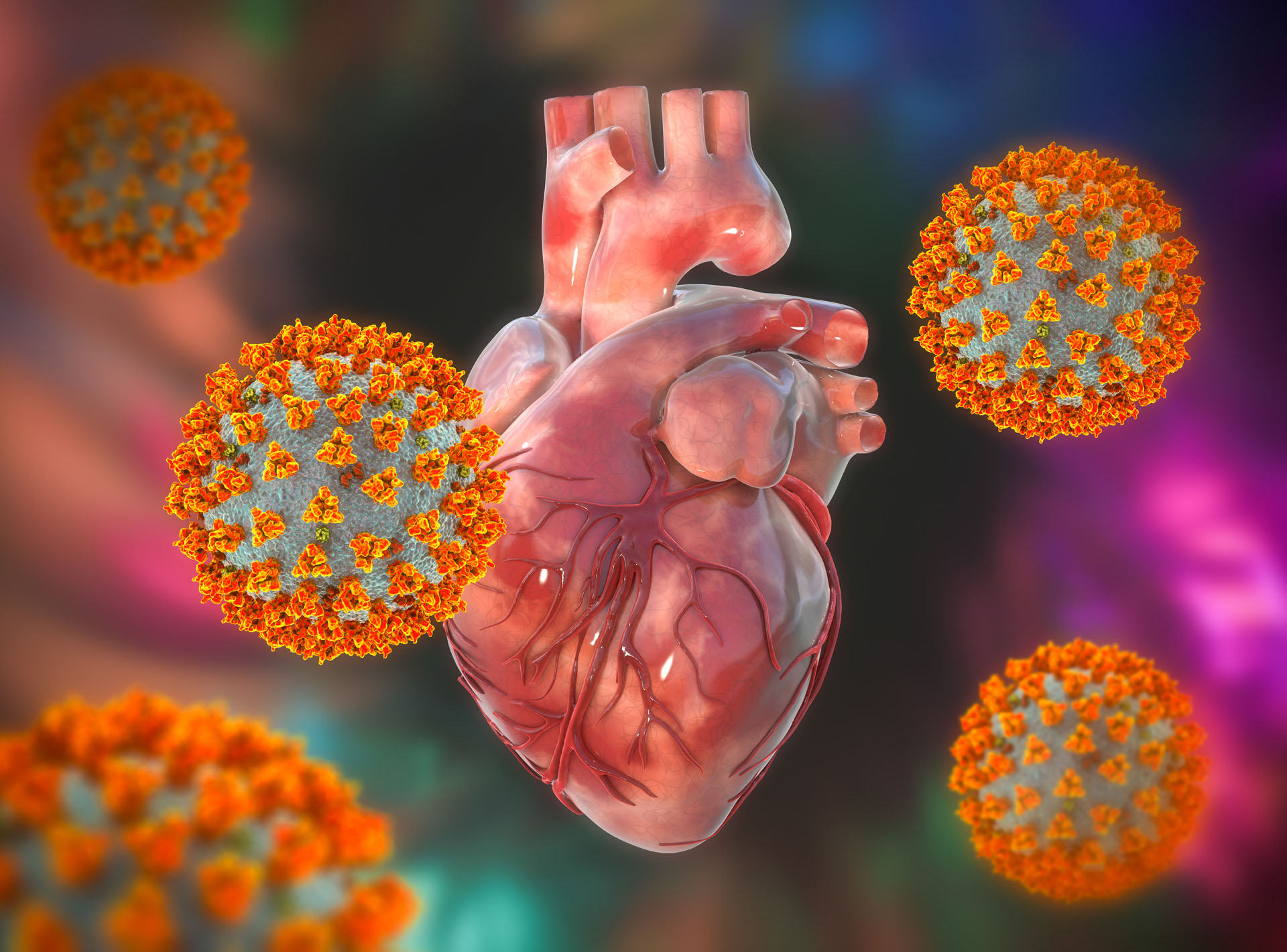 A new study from a Brisbane children’s hospital has examined myocarditis after COVID vaccination in Australian teenagers.
A new study from a Brisbane children’s hospital has examined myocarditis after COVID vaccination in Australian teenagers.
Researchers from Monash Children’s Hospital (MCH), Monash Health and Monash University have demonstrated that teenagers who developed the heart condition after getting jabbed generally had mild symptoms and recovered without any major treatment.
The team, led by Dr Suraj Varma, a paediatric cardiologist at Monash Heart and MCH, analysed data from 32 adolescents (12–18 years old) who presented to the hospital in late 2021 with typical symptoms of myocarditis (troponin rise > 15 ng/L), within 28 days of receiving their first or second doses of COVID vaccine.
All patients underwent electrocardiography (ECG), echocardiography, and cardiac magnetic resonance (CMR) imaging, with myocarditis (CDC criteria1) confirmed for 22 of the patients (69%) and found probable for the remaining ten.
The results, published August 8th in the Medical Journal of Australia, demonstrated that all patients improved after treatment with a high dose of ibuprofen (10 mg/kg/dose; typical, 6–8× 600 mg/dose [maximum, 2400 mg/day]) for one week, or until symptom resolution and proton pump inhibitor therapy, and spent an average of 2.3 days in hospital.
Two weeks’ bed rest was recommended to all patients, followed by a gradual return to normal activities over three months.
“None of the 33 included patients presented with congestive heart failure or required intensive care treatment, inotropic support, immunoglobulin or steroid therapy,” Dr Varma said.
“Fourteen patients (42%) had rising troponin levels at presentation and eight had ECG changes typical for pericarditis, but no arrhythmias were detected by telemetry.
“[Similarly], left ventricular systolic function was normal on echocardiography at presentation in 29 patients (88%), though mildly impaired in four (12%), but was normal in all patients at follow-up.
“Only one of our participants had a history of prior COVID infection, so background immunity is unlikely to have influenced the adverse event profile of vaccination.”
The team concluded that while more research will be needed to see if there are any long-term effects, the condition is generally mild in contrast to the potential complications of contracting COVID.
“COVID mRNA vaccine-associated myocarditis in adolescents and young adults has a mild, self-resolving clinical course, in contrast to reported complications and long-term sequelae associated with COVID-19, such as multisystem inflammatory syndrome in children, and other forms of myocarditis,” the authors said.
However, they also noted that the potential long-term consequences of myocardial injury with vaccine-associated myocarditis still warrants further investigation, pointing out that vaccination of 12–16-year-olds with Pfizer’s Comirnaty and Moderna’s Spikevax was only approved in Australia on 22 July 2021 and 3 September 2021, respectively.

